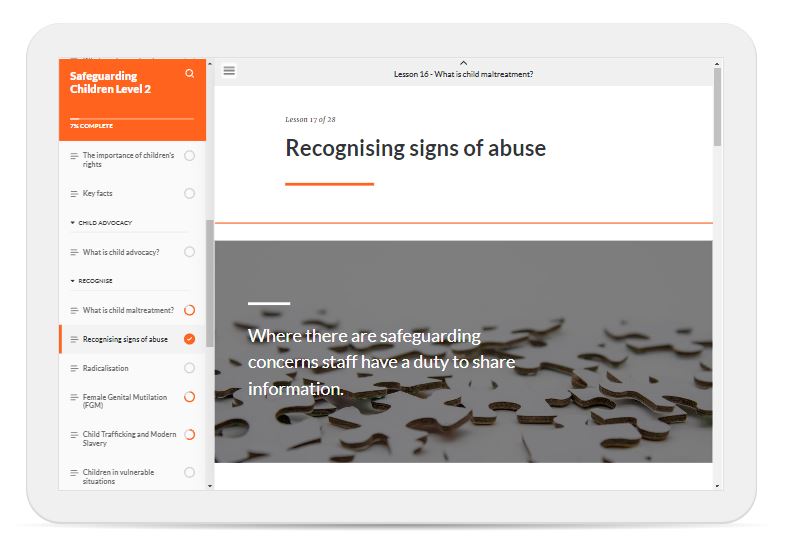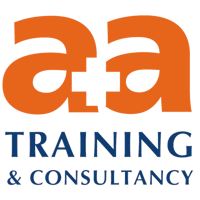Safeguarding Children Level 2_mip

Dependent upon roles, healthcare workers can be in an important position in helping to recognise child maltreatment. Healthcare staff need to be alert to signs and symptoms of maltreatment or neglect. They will have a vital role in ensuring effective recording, communication and sharing of information, to help improve identification and ensure appropriate support is put in place for children and young people in need or at risk of harm.
By completing/passing this course, you will attain the certificate Safeguarding Children Level 2
Course Content
- know potential indicators of child maltreatment in its different forms – physical, emotional and sexual abuse, neglect, grooming and exploitation to support and/or commit acts of terrorism (known as radicalisation)
- be aware of child trafficking, female genital mutilation (FGM), forced marriage, modern slavery, gang and electronic media abuse, sexual exploitation, county lines (young people involved in organised crime who are coerced to traffic drugs or other illegal items around the country)
- understand the risks associated with the internet and online social networking
- be aware of the vulnerability of; looked after children, children with disabilities, unaccompanied children, care leavers and young carers, missing children
- understand the impact a parent/carers physical and mental health can have on the wellbeing of a child or young person, including the impact of domestic abuse and violence and substance misuse
- understand the importance of children’s rights in the safeguarding/child protection context
- know what action to take if they have concerns, including to whom concerns should be reported and from whom to seek advice
- be aware of relevant legislation (Children Acts 1989, 2004, and Children and Social Work Act 2017 and the Sexual Offences Act 2003)
- understand what constitutes child maltreatment and be able to identify signs of child abuse or neglect
- be able to act as an effective advocate for the child or young person
- understand the potential impact of a parent’s/carer’s physical and mental health on the wellbeing of a child or young person in order to be able to identify a child or young person at risk
- be able to identify one’s own professional role, responsibilities, and professional boundaries, and understand those of colleagues in a multidisciplinary team and in multi-agency setting
- know how and when to refer to social care if a safeguarding/child protection concern is identified
- be able to document safeguarding/child protection concerns in a format that informs the relevant staff and agencies appropriately
- know how to maintain appropriate records including being able to differentiate between fact and opinion
- be able to identify the appropriate and relevant information and how to share it with other teams
- be aware of the risk of FGM in certain communities, be willing to ask about FGM in the course of taking a routine history where appropriate to role, know who to contact if a child makes a disclosure of impending or completed mutilation, be aware of the signs and symptoms and be able to refer appropriately for further care and support, including the FGM mandatory reporting duties to the police: in accordance with current legislation

